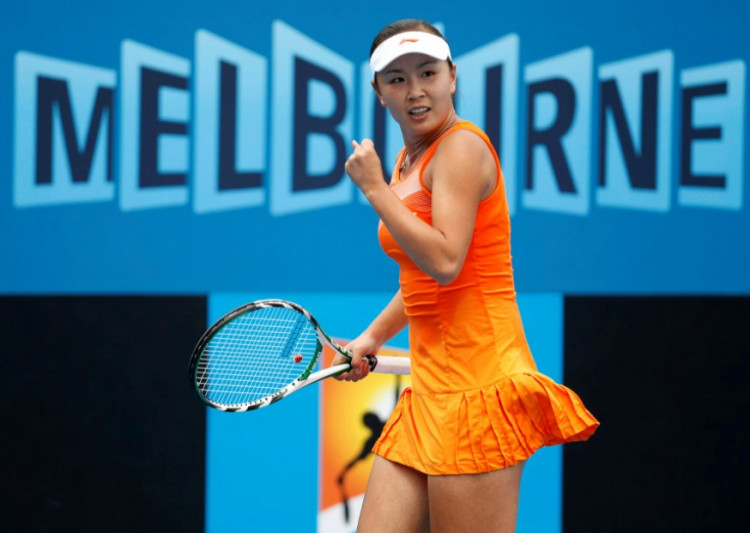As foreign governments and organizations continue to raise concerns about tennis star Peng Shuai's wellbeing, China's foreign ministry said on Tuesday that "certain people" should stop "malicious hyping" and "politicizing" the issue.
While Peng's public reappearances may assuage some of the public's concerns about her immediate safety and well-being, they have failed to allay broader concerns about her liberties and growing calls for a full investigation into her sexual assault allegations.
"It was good to see Peng Shuai in recent videos, but they don't alleviate or address the WTA's concern about her well-being and ability to communicate without censorship or coercion," a spokesperson for the Women's Tennis Association (WTA) told CNN in a statement.
A continuous stream of photos and videos purporting to depict a cheerful Peng going about her business in Beijing have been circulating on Twitter since Friday evening.
The videos came amid a global outpouring of concern for Peng, who vanished for more than two weeks after taking to social media to accuse former Vice Premier Zhang Gaoli of forcing her into sex at his home - an explosive and politically sensitive accusation that prompted blanket censorship in China.
Peng resurfaced in Beijing over the weekend, and on Sunday, she held a video call with International Olympic Committee (IOC) President Thomas Bach.
Alkan Akad, a China researcher for Amnesty International, told Reuters that the video chat did little to allay concerns about Peng's safety and that the IOC was approaching "dangerous waters."
"This is not a diplomatic matter," Chinese foreign ministry spokesman Zhao Lijian told a regular press briefing on Tuesday.
"I believe everyone will have seen she has recently attended some public activities and also held a video call with IOC president Bach. I hope certain people will cease malicious hyping, let alone politicisation."
Human rights advocates who have been following China's silencing tactics for a long time are likewise skeptical.
"What we have here is essentially a state-controlled narrative: only the government and its affiliated media are generating and distributing the content about Peng's story," Maya Wang, senior China researcher at Human Rights Watch, said.
Peng's charges against Zhang have not been acknowledged by Chinese authorities, and there is no evidence that an inquiry is ongoing. It's unclear whether Peng has filed a police report about her allegations.
Since his retirement in 2018, Zhang has kept a low profile and disappeared from public life, and there is no public information about his present whereabouts.






